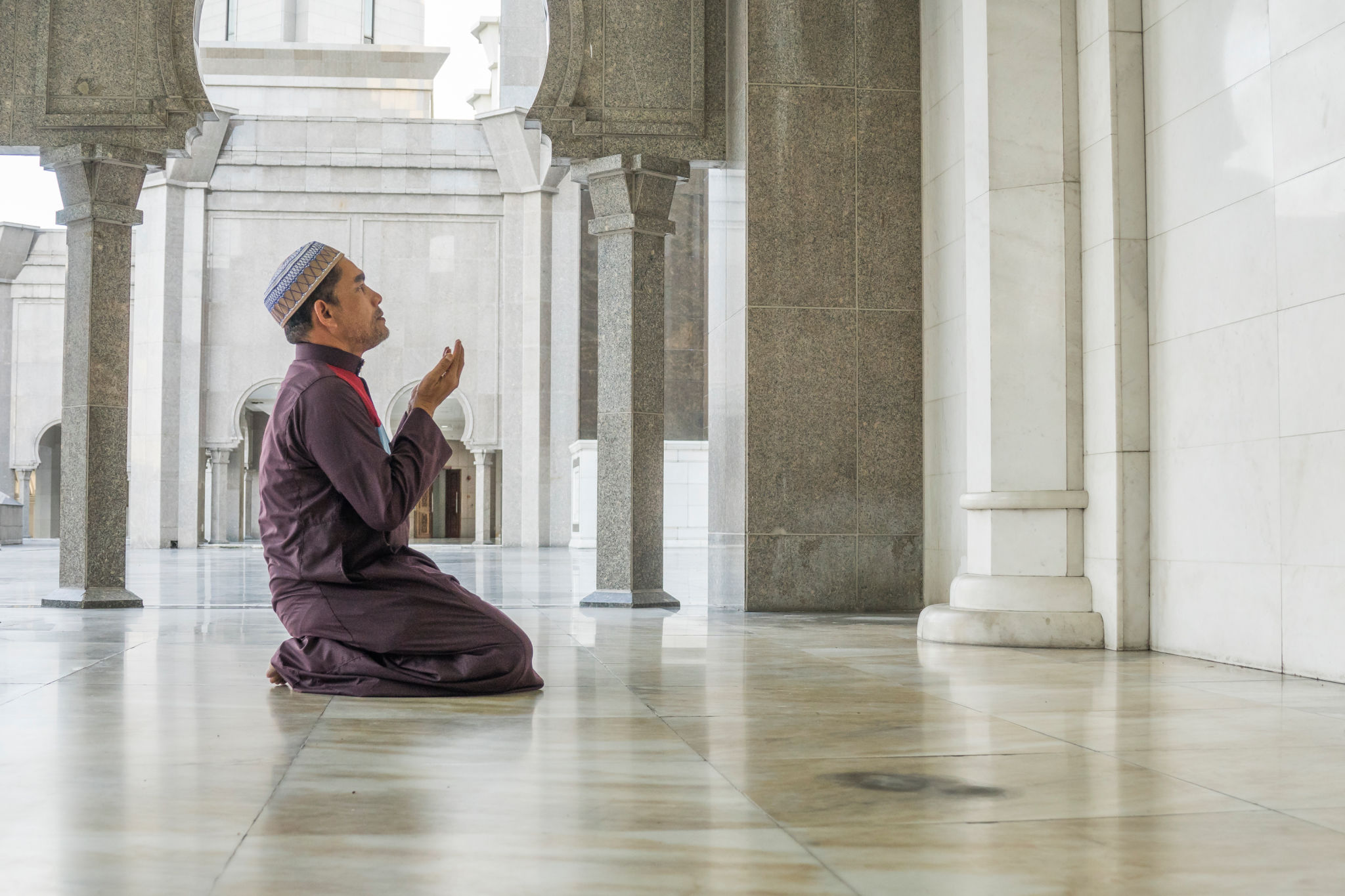5 Common Misconceptions About Mosques: Insights from West End Musalla
Understanding Mosques Beyond the Stereotypes
When it comes to mosques, there are a number of misconceptions that persist in the public mind. These misunderstandings can cloud perceptions and create unwarranted barriers between communities. To shed light on the truth, we have insights from West End Musalla, a community space that aims to foster greater understanding and inclusivity.

Mosques Are Only for Muslims
One of the most common misconceptions is that mosques are exclusive to Muslims. In reality, mosques are open to everyone. They serve as community centers where people from all walks of life can gather, learn, and engage in dialogue. West End Musalla often hosts interfaith events, welcoming individuals of all backgrounds to join in and learn about Islam and its practices.
These spaces encourage mutual respect and understanding, promoting a sense of unity among diverse communities. Visitors are always welcome to observe prayers and participate in various activities.
Mosques Are Solely Places of Worship
While prayer is a significant aspect of a mosque's function, it is far from the only one. Mosques offer educational programs, social services, and community events. At West End Musalla, for example, you can find classes on Islamic studies, language courses, and even workshops on personal development.

This multifaceted role makes mosques vibrant centers of community life, contributing to the personal and social growth of their attendees.
Women Have No Place in Mosques
Another widespread misconception is that women are not welcome in mosques. In truth, women are an integral part of Islamic communities and regularly participate in mosque activities. West End Musalla ensures that women have equal access to prayer spaces and educational programs.
The mosque provides facilities and events specifically designed to involve women and address their unique needs, fostering an inclusive environment for all.
Clarifying the Purpose and Practices
Mosques Promote Extremism
This stereotype is not only false but also damaging. Mosques like West End Musalla actively promote peace, tolerance, and understanding. The teachings in mosques are centered around compassion, ethics, and community service.

Far from being hubs of extremism, mosques are places where the values of harmony and respect for others are taught and practiced daily.
Mosques Are Intimidating Places
Some may feel apprehensive about visiting a mosque due to a perceived sense of formality or unfamiliarity. However, mosques are welcoming and friendly spaces. The community at West End Musalla is known for its hospitality and openness, always ready to greet newcomers and answer any questions they might have.
Visitors are encouraged to experience the mosque environment, ask questions, and engage with community members to dispel any fears or misconceptions.
Conclusion: Embracing Diversity and Understanding
By addressing these common misconceptions, West End Musalla aims to cultivate a greater understanding of what mosques truly represent. These spaces are not only centers of worship but also places of learning, community building, and mutual respect. Everyone is invited to explore and appreciate the rich culture and values that mosques offer.
Breaking down these misconceptions allows us to build a more inclusive and harmonious society, where diversity is celebrated and embraced.